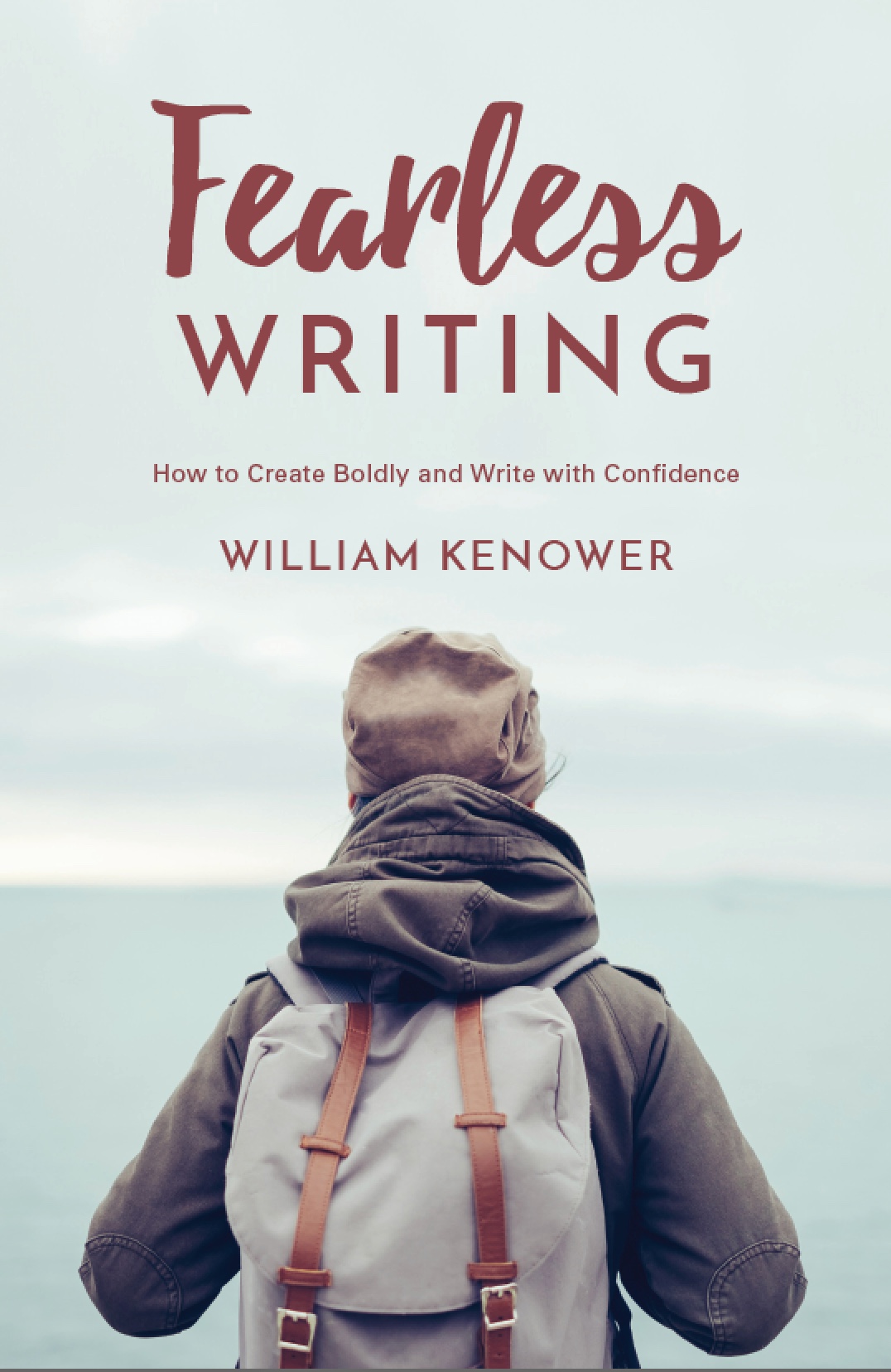What's the Point?
My wife and I have been homeschooling our youngest son Sawyer since he was thirteen because he could not cope with the traditional classroom. Neither Jen or I had any regrets about choosing to homeschool him, but as he got older Sawyer became increasingly worried that his education was not preparing him to lead a normal, independent, successful life. Now that he is 18, he voices those concerns nearly everyday. I must point out that Sawyer’s worries are not totally unfounded. Even by homeschooling standards his education has been very unorthodox, a situation for which he is almost entirely responsible. Sawyer, you see, simply cannot make himself do something if he doesn’t want to do it. We would start many a lesson only to have him abandon it mid-class from lack of interest. This is why traditional school was impossible. In school, we are always asking children to do something whether they feel like doing it or not. My wife and I, like a lot of people, could manage this. Sawyer could not, and so here we are.
I happen to know there is nothing wrong with where we are, but it is hard for Sawyer to see what I see. These days, in the middle of our class, he’ll bury his face in the couch cushion and moan, “What’s the point? I’ll never go to college. I’ll never be able to sit through a GED test.” The other day, instead of bucking him up, I suggested we just start our music class. “What’s the point?” he asked again.
“You like it,” I said.
“Fine” he replied, and trudged over to the piano.
One of the things I’ve seen is that Sawyer has an intuitive musical understanding. I’ve seen this since he was three, when he drummed along to Hey Jude and his rhythm was spot on. This afternoon we were working on composition, for which he also has a knack. “Don’t modulate,” I told him as he started playing. “Just for this exercise, stay in the same key.”
He agreed, and began a chord progression. In the middle of the song he stopped and looked up at me conspiratorially. “You see what I did there? I skipped over C Major. I hate C Major. It’s such a boring, vanilla chord.”
I quite like C Major, and so we began to have little debate about its value. I suspected that Sawyer, a natural contrarian, didn’t like C Major because it’s sort of the mother of all chords, making it too mainstream. I had an idea. I told him to sit on the couch while I played a series of major chords. I was so certain that his objections weren’t based on the sound of C Major, but the idea of C Major. If he didn’t know a C Major was being played, he’d have a different idea of it. So I started. A Flat Major, D Major, G Major, E Flat Major, C Major—”
“See what I mean? It’s just so boring.”
I looked at my son. He was not even mildly impressed that he could easily identify a C Major chord by ear. His attitude suggested he believed anyone could. Anyone could not. I thought of how often, when I was 18 – and 28, and 38 – I found myself asking, “What’s the point?” I just wanted some certainty that the seeds I was planting would grow into something meaningful and interesting. Yet all my plans and ideas could offer me no guarantees other than my interest in them.
I’m in my own garden now, and everything that bloomed tallest and strongest grew out of what came most easily to me, what I often assumed everyone knew and everyone could do. The point, I continue learn, is always right in front of me – in the next most interesting step, the next most interesting word.
If you like the ideas and perspectives expressed here, feel free to contact me about individual and group coaching.
Fearless Writing: How to Create Boldly and Write With Confidence. You can find William at: williamkenower.com


